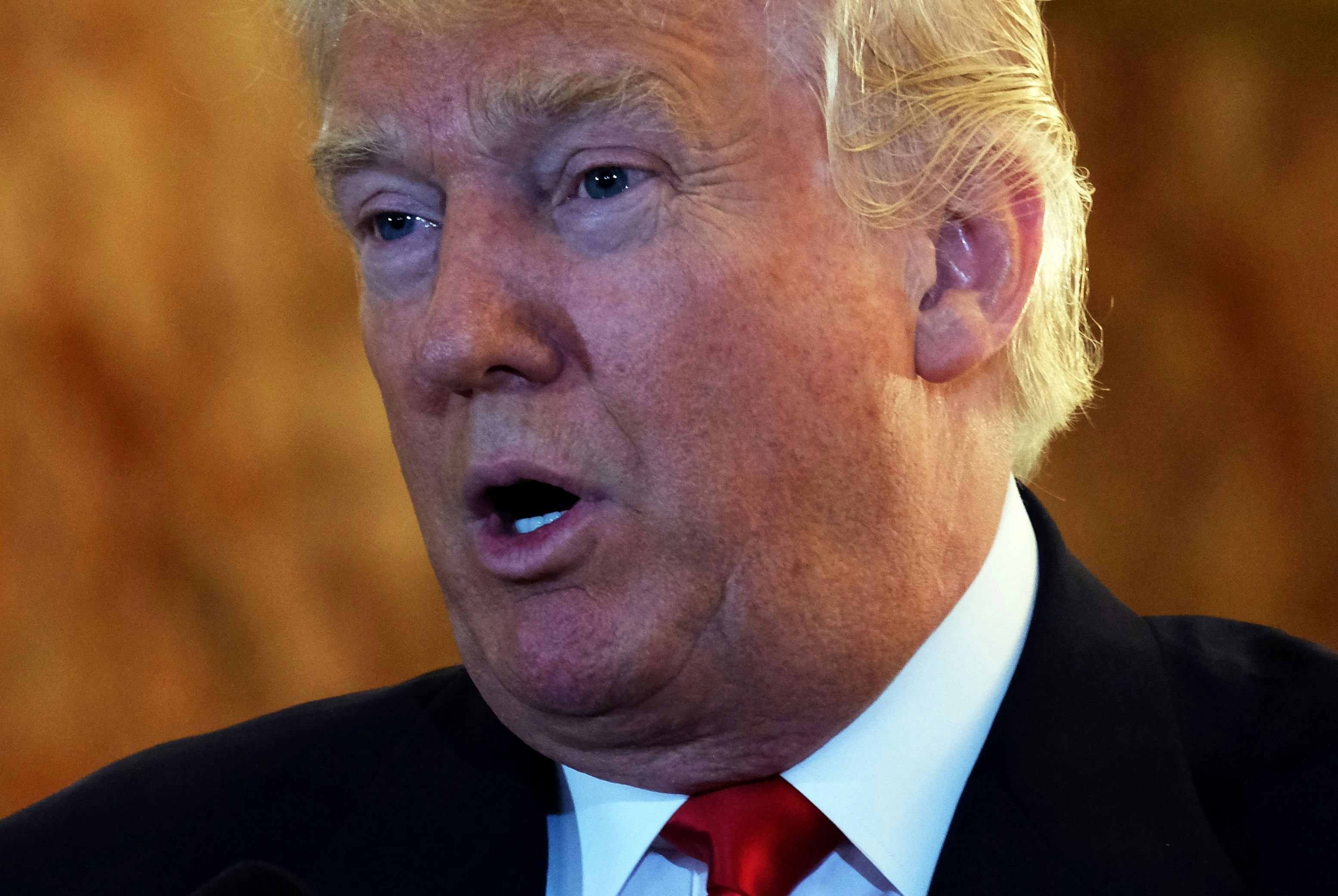

Trump's recent attacks on Biden for using a teleprompter mirror the attacks he lobbed against former President Barack Obama for using a teleprompter during some speeches. That followed another speech Trump was reading in which he incorrectly called Yosemite Park "Yo Semite." 6 speech at a Whirlpool plant, Trump incorrectly pronounced Thailand, calling it "thigh land." While reading off a teleprompter in an Aug. 8 speech that he read off a teleprompter, Trump appeared to have trouble reading the word "marshes," and then said " wildfars" - which is not a word. It makes his criticism of Biden for using a teleprompter part of his long history of projecting his own bad behavior onto others.ĭuring his screed condemning education about racism on Thursday, Trump appeared to have trouble reading the word "immortal," pronouncing it " immortable." The president’s words right now are affecting all of us they are driving us from one another and creating battle lines like the plot of a good drama.Trump used teleprompters multiple times on Thursday alone, both at his rally in Wisconsin and at a speech earlier in the day, in which Trump demanded schools across the country teach patriotism, but not about the history of slavery and racism.Īnd while Trump claimed without evidence that Biden can't see the teleprompter, Trump himself often has trouble reading from the machine that scrolls his speeches. But we ought to focus more on how we react in order to limit his ability to persuade. We could parse the rhetorical tactics that typically generate the strongest reactions and easily see them in Trump’s words (hyperbole, reification, ad hominem attacks, ambiguity). Not Strong The most charitable explanation for the weirdly disjointed speech that Donald Trump delivered to the conservative Faith and Freedom Coalition’s conference in Washington on Friday afternoon is that the presumptive Republican presidential nominee and his team haven’t really figured out teleprompters yet. Trump knows this, and yet our news outlets continue to let it happen.īecause dramatic tension fuels attention, and Trump’s words work to generate tension, anxiety, conflict and therefore attention.

Amplifying Trump’s rhetoricĮvery time CNN or Fox News broadcasts the president’s news conferences, they amplify the effects by spreading them to larger audiences. Attention is persuasion, because meaning is in the way we react to his words, not in the information he transmits. The feelings Trump targets draw us in, make us pay attention to all of his transgressions and affect our relations with others who share our space. The uncertainty created by his doctors at Walter Reed served this same function - they attracted attention via uncertainty. Making us feel uncertain, anxious, fearful - this is what Trump’s words do, regardless of the information they transmit. (AP Photo/Alex Brandon)Ĭonflict with those we resent and distrust drives attention - this is the ethos of the entertainment industry, reality television and thousands of years of theatre. Trump gestures to supporters as he arrives at Minneapolis-Saint Paul International Airport on Sept. Mapping the world in terms of “us” and “them” creates conflict (and is perhaps the cornerstone of fascist rhetoric). He aims to create feelings of resentment, distrust and suspicion. There is no mistaking the intended effects of this president’s rhetoric. He speaks with the intent of producing the strongest possible impact and cares not at all about the information transmitted. This president has surely mastered that lesson. I’ve taught rhetoric and communication classes for 20 years, and in almost every class, I begin by telling my students to pay more attention to the effects their words have on others and not the information they wish to convey. Those effects drive us to the polls and motivate us to act and reason in specific ways. They are won or lost on the basis of the effects produced by the candidate’s words. He knows that elections are not won or lost on policy ideas or rational voters making informed choices. When he mocks mask-wearing, he knows that he’ll evoke a strong reaction from both the media and his followers, and he doesn’t seem to care about the accuracy of the information he’s transmitting. Trump’s words are aimed at producing strong reactions. Trump mocks a reporter for wearing a mask during a news conference, courtesy of The Independent.


 0 kommentar(er)
0 kommentar(er)
